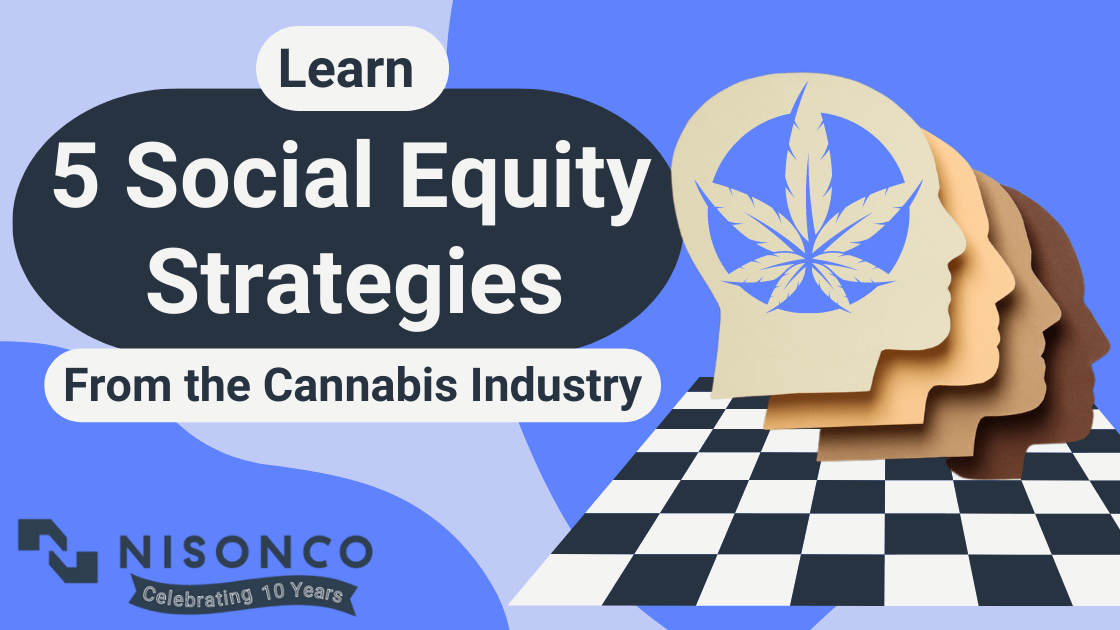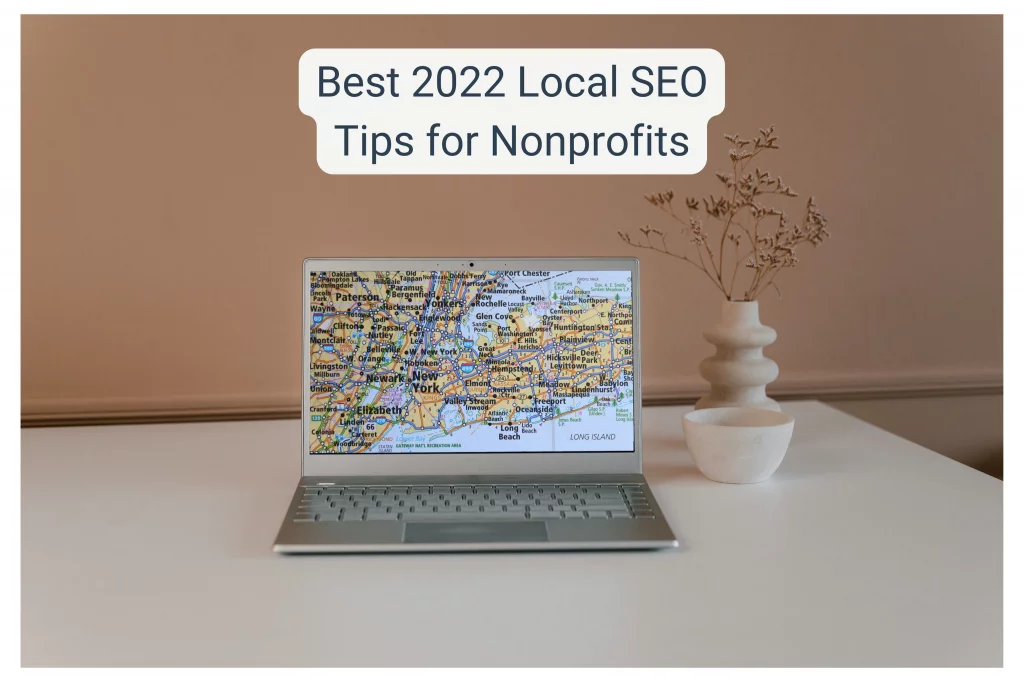The campaign to legalize and regulate cannabis is rooted in social equity and justice. Accordingly, the regulated cannabis industry has begun offering opportunities to those most impacted by the war on drugs, developing a model for supporting social justice initiatives in business for other sectors to follow.
NisonCo cannabis public relations firm, the nation’s oldest, grew from advocacy. Correspondingly, upholding ideals of social justice in business has always been at the forefront of our company mission. Today, we are sharing the top five tactics in the cannabis industry to further this social justice mission while simultaneously highlighting some organizations that provide invaluable resources.
1. Foster Business Opportunities for Women and People of Color
The cannabis industry provides many opportunities to help minority- and woman-owned businesses get their foot in the door. Social equity programs assist people of color and women who are starting new cannabis businesses, and many states reserve their first license applications for these social equity businesses. True social equity and justice will only be achieved when women and people of color no longer face barriers to entry in any industry and are fully able to participate in market opportunities in cannabis and every other industry.
Women and people of color starting new businesses need access to inexpensive resources as they get established. Business accelerators focused on equity applicants provide these resources for minorities in the cannabis industry. The Minority Cannabis Business Association (MCBA), for example, recently created a cannabis business accelerator for equity owners. Other sectors can create their own versions of this program to ensure everyone can access the resources needed to start a new business.
2. Provide Job Opportunities to Members of Marginalized Communities
The War on Drugs has disproportionately harmed marginalized communities. Many businesses in the regulated cannabis industry seek to right those wrongs by providing business opportunities to help individuals build valuable careers and generational wealth. Other business sectors must follow the cannabis industry’s lead and provide job opportunities to members of marginalized communities who systemic injustices have harmed.
The Last Prisoner Project (LPP) is a cannabis nonprofit that provides professional training to the formerly incarcerated and helps them reintegrate into society. Honest Jobs, a fair chance hiring facilitator, makes it easy for businesses to integrate these programs into their hiring and staffing practices. Catch a great interview with Honest Jobs founder Harvey Blakeman on the People Are the Answer podcast hosted by social impact entrepreneur Jeffrey Zucker.
3. Create Safe Spaces for Challenging Conversations About Social Equity
Advancing cannabis social equity and justice requires disrupting the norm, often requiring uncomfortable conversations. To make these conversations possible, creating a space where employees feel safe sharing their opinions and experiences, listening to others, and coming up with powerful and empathetic solutions is essential. Because they are focused on hiring diverse employees, many cannabis industry professionals make a point to regularly and sensitively discuss racial and gender inequities in the workplace.
The MCBA is leading the conversation around ensuring diversity and equity in the cannabis industry. MCBA and similar organizations stress the need for innovative solutions to combat injustice and promote social equity in business and beyond. Building an equitable cannabis industry, or an equitable company in any sector, requires thoughtful discussions and community-based solutions, and many companies exist that help businesses facilitate these conversations to ensure a more equitable future for the business and the industry as a whole.
4. Deliver Antiracism and Unconscious Bias Training in the Workplace
It’s not enough to offer marginalized people a seat at the table; we must ensure that their needs are considered and that the table is comfortable for them. To ensure this goal, many cannabis businesses offer training on unconscious racial and gender biases in the workplace. Businesses in all sectors need to work to ensure that all of their employees are comfortable and feel their voices are heard, and training such as this is an excellent way to make that happen.
Companies such as Cannabis Doing Good provide anti-racism training to workplaces and businesses and develop strategies to create an equitable workforce. Cannabis Doing Good has also founded the Cannabis Impact Fund, which encourages cannabis businesses to dedicate 1% of their profits to social equity and justice initiatives.
5. Implement Social Equity Policies for Talent Acquisition
Hiring a diverse workforce is one of the most foundational ways to advance social equity and justice. Cannabis companies are examining hiring practices and removing invisible barriers for diverse candidates.
Many cannabis companies, including mine, do not require employees to have a formal college degree. This industry knows that institutes of higher learning aren’t the only sources of high-quality training and knowledge, and many exceptionally qualified employees do not possess a degree. Hiring policies that require candidates to have a college degree effectively exclude many members of marginalized communities who have historically faced limited access to higher education but have skills, expertise, and valuable viewpoints to offer in the workplace.
Though some industries require highly specialized knowledge best learned through a degree program, many do not. By excluding applicants who have not received a college degree, businesses outside of the cannabis industry are reinforcing systemic barriers to success that minorities have faced in this country for far too long and robbing themselves of excellent employees in the process. In emphasizing overall qualification rather than certification, other industries can follow the cannabis industry’s lead to a more accessible, equitable future for all.
Community-Based Collaborative Solutions Must Lead the Way
The cannabis industry provides a roadmap toward social equity and justice in business. This growing industry is dedicated to developing innovative, community-based solutions. Other industries must follow the cannabis industry’s lead and adopt these and similar tactics to increase social justice, repair systemic wrongs, and enrich their industry as a whole.
Contact NisonCo today to collaborate with our advocacy-centered cannabis and psychedelics PR, SEO and content creation firm to help forward your company’s communications missions.



